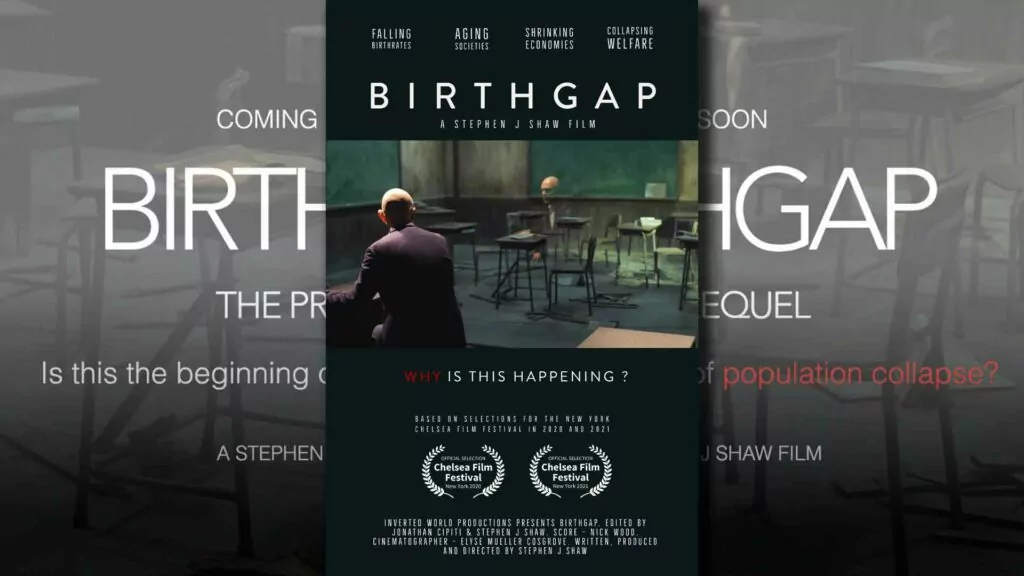
Education
Podcasts to get you educated, not schooled
Only universities give degrees, but you can get an education even while you’re driving, jogging, or mowing the lawn
*****
About forty years ago, when I was taking my Bachelor of Education degree at the University of Alberta, I got schooled, but not all that educated. I was schooled in both senses of the word – both getting some training in how to teach, and just plain made to feel like a fool.
GETTING SCHOOLED AT A SECULAR U
My “Educational Foundations” professor was, I found out, a lapsed Catholic, and proselytizing atheist. I’d met atheists before – kids in my neighborhood as I grew up – but never one who was educated and articulate and eager to use class time to pitch his anti-Christian worldview.
My instructor seemed pretty confident about his atheism, and that left me shook. And it got me studying how to better understand the Christian worldview and be able to defend it. This self-study is really where my education started. My actual education degree never did set me up well to make year plans (the first thing a teacher needs to start organizing the courses they teach), but the very secular university’s library thankfully included several books on worldview and apologetics. I started my defense of my faith in two different libraries – the university’s, and also my dad’s much better stocked basement bookshelves (better in quality, if not in quantity).
In short, while university did not educate me well, it did provoke me (and even equip me, to some degree) to educate myself.
Could that happen now? It seems doubtful. I wonder whether the university library would still stock books as useful as the ones I took out to learn more about the Christian worldview. As well, how many (even lapsed) Catholics or Christians of any kind are still teaching in secular universities?
Even if you wanted to build up your faith in university, you would still face the monumental challenge of trying to absorb solid Christian teaching while (as I had to do at some points) reading (and taking notes on!?) fifty pages a night from the secular textbooks mandated for the courses you were taking.
GETTING AN AUDIO EDUCATION
So, how now shall we learn? If you don’t need or want post-secondary education, or you’re finished yours, and (like all of us), your time is limited, and (like many of us), you’re “not a reader” (!?) then what? How can you get not schooled, but educated?
One answer has been promoted by Jordan Peterson, who believes that this generation could be the best educated in history, because we have access to the internet, and through it, to podcasts and videos from the best thinkers of our day. One way to see the potential advantages of Peterson’s suggestion is to compare this method of self-education with one from a hundred years ago. The Everyman’s Library book collection started in 1906 to promote the reading of classic literature.
One obvious advantage of internet education over Everyman’s Library is cost. The cheapest volume I could find from Everyman’s had a price of £10.99 or roughly $20 Canadian. Meanwhile podcasts and YouTube videos are free (although there is always more material behind a subscription paywall!).
The second advantage of education online is the time involved. Although I can always find time to read a book (brushing your teeth, during breakfast…), reading generally demands exclusive attention, while “talking head” videos and podcasts can be heard while you are otherwise active (of course, not while juggling or other involved activities). It is worth noting that audio books have the same advantage.
The final advantage of internet learning over the Everyman’s Library is the sheer volume of material on the internet. Of course, that can be pretty overwhelming; hence the list of great places to listen below.
DISTRACTION VS. EDUCATION
A couple words of caution are warranted.
First, the internet can be a dangerous place to spend your time, even when you are getting educated. It’s easy to go down rabbit trails, because everything connects to everything else. The very fact that book learning involves more commitment in time and money tends to promote greater care in the selection of authors and their work. As we often hear about grocery shopping, stick to your list. Browsing the internet may not be as expensive as browsing the supermarket, but it is potentially at least as great a waste of time.
Secondly, let me offer a word about “outrage porn.” Podcasts and video creators make money on getting more clicks and longer time on their platforms from their audience, and one sure way to do that is to stoke our anger…. but God warns us against both anger and worry about things that we have no power to change. James exhorts us to be “slow to anger, for the anger of man does not produce the righteousness of God” (James 1:19-20), while Christ, who is Himself “gentle and lowly” (unlike many podcasters), asks, “which of you by being anxious can add a single hour to his span of life?” (Matt. 11:29, 6:27). A good rule of thumb is to focus on podcasts or YouTube channels that bring an appreciation of God’s glory in creation and redemption into your life, that make you more effective in your service to God and your neighbor, or that equip you to be salt and light in a society that desperately needs both, and needs even more the Christ that they deny.
6 TO START WITH
With all that said, here are half a dozen great bets for your internet time. Click on the headings below for links to their respective websites.
1. Real Talk
Let’s begin with what might already be near and dear to RP readers: Real Talk, which you can also find on our own Reformed Perspective app. The two hosts have settled into a great rhythm, with over 100 episodes behind them. When the podcast started in July 2020, both Lucas Holtvlüwer and Tyler Vanderwoude appeared together to interview guests with extensive practical experience in such areas as Christian education and the missional church, with feedback every second episode. As time went on, each became more confident to host certain episodes solo, and the feedback episodes are now called “Real Talk Roundup” and feature other RP personalities, best book lists, and other highlights, with recent topics of real relevance, like “Death and Dying” and “Parenting and Pornography.” You can find them on YouTube, Apple Podcasts, Amazon, Spotify, and www.RealTalkPodcast.ca.
2. Two Stewards
For more Canadian content, check out the Two Stewards. As the homepage says, they explore “money, economics, real estate investing and more from a Christian worldview.” Although the podcast opens with the warning that Mark Krikke and Brent Vanderwoude are not giving professional financial advice, the listening enjoyment they do provide is packed with plenty of insight. For example, they rightly saw the latest hostility to giving your children an inheritance as motivated by covetousness, and contradicting the Biblical commendation for “ good man leaves an inheritance to his children's children” (Prov. 13:22). Wisdom backed up by God’s Word combined with good-natured banter between the two stewards (and with their guests) makes this podcast both entertaining and thought-provoking. Find them on Spotify, Apple Podcasts, and YouTube.
3. The Briefing… and more
While Albert Mohler, a Southern Baptist, has experienced his share of controversy, his website has a wealth of listenable resources:
• The Briefing – Mohler’s take on the day
• Thinking in Public – roughly hour-long interviews with noted Christian and/or conservative writers
• Speaking and Teaching – shorter takes on a variety of Christian and current topics
• and clips from his “Ask Anything” tours.
These can all be found on Apple Podcasts, YouTube, Spotify, and AlbertMohler.com.
4. Ligonier
From a solidly Reformed (and generally paedobaptist) perspective, Ligonier Ministries has even more resources than Mohler, some of them current, and many more in archives: seven different podcasts of varying frequencies, at least 545 sermons from the late R.C. Sproul, daily videos on doctrinal issues, and more than 100 teaching series from multiple teachers (with multiple videos in each series) all of which are available on Apple Podcasts and Spotify. Ligonier Ministries also has a YouTube channel that includes enlightening and sometimes entertaining clips of question-and-answer sessions from Ligonier Ministries conferences, with answers from such well-known writers and speakers as Stephen Nichols and Sinclair Ferguson.
5. Breakpoint this Week
Another solidly Christian organization, Breakpoint Ministries gives you several ways to get educated while listening, including the daily Breakpoint Podcast and a podcast called Breakpoint This Week – with a focus on applying Christian worldview to current events and trends. A recent daily podcast applied the Biblical command to “bear one another’s burdens” to the stress of intensive parenting, while the September 13 weekly podcast discussed, among other topics, abortion distortions in the presidential debate and the younger generation’s view of 9/11. Breakpoint This Week can be found on Apple Podcasts and Spotify.
6. Created to Reign
The Cornwall Alliance has a solidly Christian perspective on economic and environmental stewardship, as is evidenced in their multitude of current articles. That worldview is evident in their podcast too, hosted by Dr. E. Calvin Beisner and Dr. David Legates, and titled Created to Reign. Two recent episodes of Created to Reign explained why free markets are generally not only more effective in helping the poor, but more just. Find it on Spotify, Amazon Music, and Apple Podcasts.






























